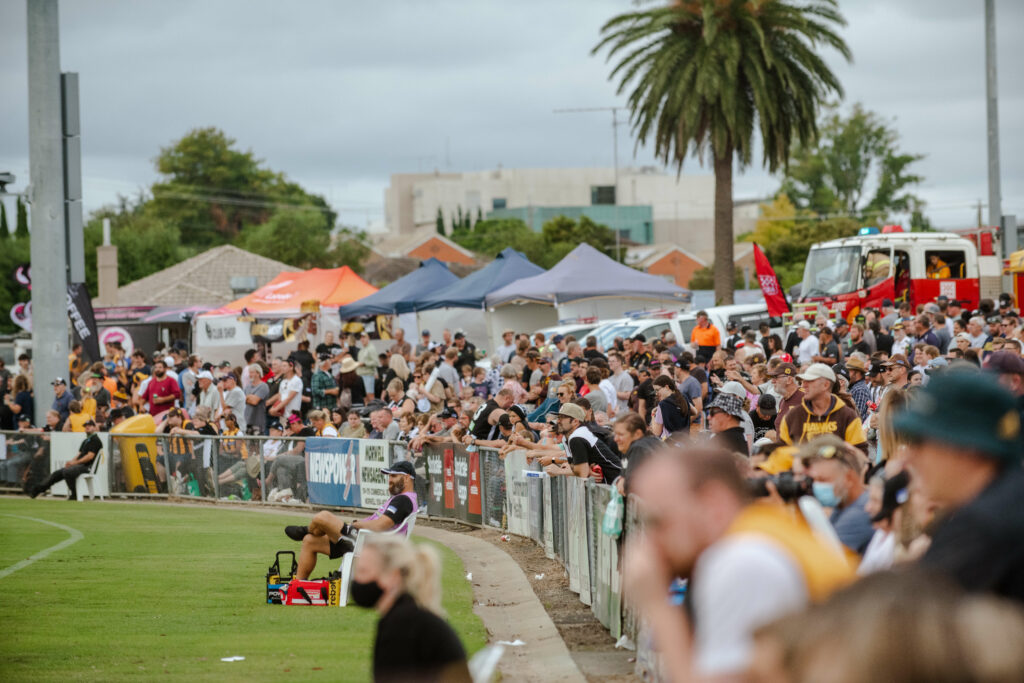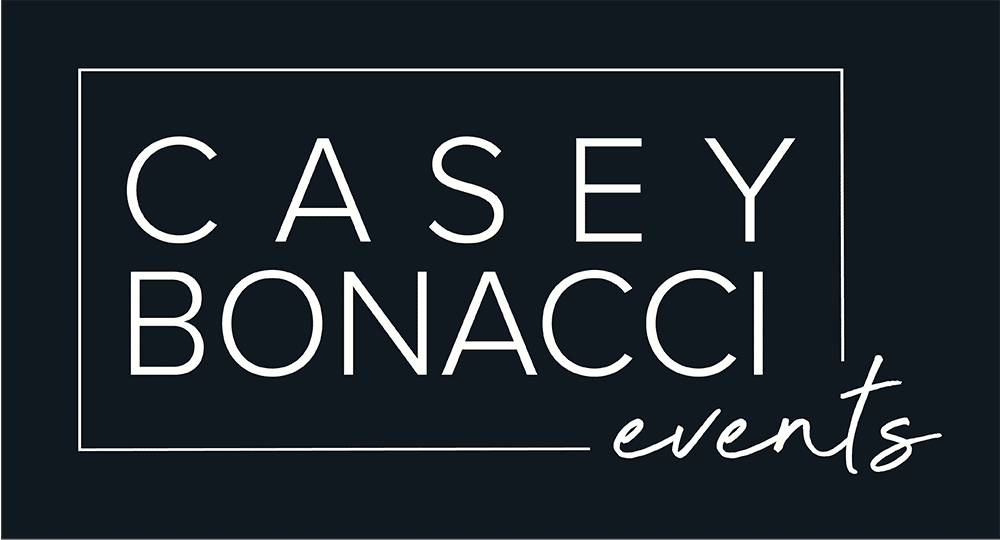Every successful event begins with a vision, a spark of creativity that evolves into an immersive experience.
However, turning that vision into reality requires more than just creativity—it demands resources, funding, and support.
This is where event grants step onto the stage. Event grants are a lifeline for event organisers, providing the financial backing needed to transform ideas into memorable occasions.
In this comprehensive guide, we explore the world of event grants, unveiling the elements needed to secure funding for your events.
Bonus – see below for the most recent event funding in Victoria, Australia.
What are Event Grants?
Event grants are financial assistance provided by government bodies, organisations, or foundations to empower event organisers to plan, execute, and amplify events that align with specific goals and priorities.
Event grants are not just about dollars and cents, they are catalysts for positive change.
They enable event organisers to create diverse and impactful events that stimulate local economies, foster community engagement, promote cultural exchange, and bring jobs and opportunities to the region.
To be eligible for an event grant, organisers often need to meet specific criteria set by the government agency offering the grant.
This can include factors such as the type of event, its intended impact, and how it aligns with the government’s goals and priorities.
Receiving an event grant can significantly ease the financial burden on event organisers. It allows them to create higher-quality events, attract more attendees, and enhance the overall experience for participants.
A lot of community groups and businesses feel the event grant process is daunting, but you know what they say “you got to be in it to win it”.
If you don’t apply, you don’t know the opportunities you could have.
Navigating the Application Process
Applying for an event grant is a journey, and preparation can feel overwhelming. We break down the steps to help you navigate this process with confidence:
- Research Grant Programs: Identify grant programs aligned with your event’s goals and objectives (look at your local government website).
- Review Eligibility Criteria: Ensure your event fits the grant’s criteria for type, location, and target audience.
- Prepare Necessary Documents: Gather documents such as event details, plans, budget, marketing strategy, and supporting materials.
- Complete the Application Form: Craft a compelling application that showcases your event’s alignment with the grant’s goals.
- Budget Breakdown: Transparently outline how the grant funds will be utilised across various aspects of your event.
- Supporting Documentation: Include letters of support, past event successes, and other relevant materials.
- Address Evaluation Criteria: Address each criterion comprehensively, providing evidence and examples.
- Submit Application: Follow the submission instructions provided by the grant program.
- Confirmation and Review: Expect a confirmation of receipt and a subsequent review of your application.
- Assessment and Selection: Expert panels evaluate applications based on alignment, feasibility, and impact.
- Notification of Outcome: You’ll be informed whether your application was successful or not.
- Grant Agreement and Reporting: If successful, comply with grant agreements and reporting requirements.
Preparing Your Application
To prepare a compelling application, gather the following things (this might defer based on the application):
- Application Form: Fill out the official application form provided by the grant program.
- Event Details: Provide comprehensive information about your event’s name, date, location, objectives, and target audience.
- Event Plan: Outline your event schedule, program, activities, and unique features.
- Budget Proposal: Present a detailed breakdown of how you plan to use the grant funds.
- Marketing and Promotion Strategy: Describe how you’ll attract attendees and promote your event.
- Expected Outcomes: Clearly articulate the anticipated positive impact of your event.
- Letters of Support: Include endorsements from stakeholders, partners, sponsors, and community members.
- Organisational Details: Share information about your organisation’s mission, history, and key personnel.
- Contact Information: Provide accurate contact details for efficient communication.
- Documents for Eligibility Verification: If required, include documents that verify your eligibility.

How to get help with your Event Grant Application
What if time is scarce and resources are limited? Embrace these ideas:
- Delegate the Task: Distribute the workload among team members or partners.
- Hire a Grant Writer: Consider professional assistance to craft a strong application.
- Simplify the Proposal: Focus on key aspects and present a concise summary.
- Prioritise Grants with Longer Deadlines: Choose grants that provide more time for preparation.
- Seek Assistance from Partners: Collaborate with partners for shared resources.
- Apply for Smaller Grants: Start small to secure funding with a simpler application.
- Repurpose Existing Materials: Use previously prepared materials to save time.
- Contact Grant Administrators: Seek guidance and support from grant program administrators.
- Plan for Future Opportunities: Learn from the experience for future applications.
- Explore Alternative Funding Sources: Consider other funding avenues if grants are not feasible – like sponsorships.
How Bonacci Agency Supports Your Grant Journey
At Bonacci Agency, we understand the dynamics of events. While we are not professional grant writers, our expertise lies in transforming visions into extraordinary events.
We have guided clients through the application process, leveraging our event management know-how to align applications with grant objectives.
If you want help with event grants or learning the opportunities you could have by hosting an event, please contact us.
Final thoughts
Event grants are more than financial support – they are enablers of transformative experiences.
They empower event organisers to craft events that resonate, leaving a lasting impact on communities.
Armed with knowledge and insights, you’re poised to embark on a grant journey that brings your event dreams to life.
Remember, the funding is not just about dollars; it’s about turning dreams into reality, one event at a time.
Current event grant: Victorian Government
The Australian Victorian Government’s event grant applications being open indicates that they are offering financial assistance to support events within the state of (Regional) Victoria.
This can lead to the creation of impactful, engaging, and successful events that benefit both the local community and the broader region.
Words from the Visit Victoria website:
“The $20 million Regional Events Fund supports events held in regional Victoria, showcasing our regional tourism strengths and building Victoria’s reputation as an events destination.
We welcome applications from private companies, councils, Regional Tourism Boards and not-for-profit organisations for events that meet the eligibility criteria and program objectives detailed in the Regional Events Fund Guidelines”.
Applications close on September 29, and the funding decision will happen in November 2023.
Support is available across three streams.
Stream 1 – Regional Event Acquisition
Funding up to $1 million to support the attraction of one-off or ongoing major events.
Stream 2 – Event Growth and Development
Funding up to $500,000 to grow the economic impact of medium to large-scale events.
Stream 3 – Event Industry Support
Funding up to $50,000 to build capability and support the marketing and operations of events that attract intrastate or interstate visitors.
If you’re interested in applying for such a grant, be sure to gather all necessary information and prepare a strong application that highlights the potential impact of your event.
Key dates:
Open date: 1 August 2023
Close date: 29 September 2023
Funding decision: November 2023
